However, when asked about the "contract 100" to "contract 10" of our Party over the past decades, his eyes lit up, excitedly sharing stories about a memorable time.

Veteran writer and journalist Nguyen Uyen, former Editor-in-Chief of Vinh Phu Newspaper, former Head of the Association's Working Committee (Vietnam Journalists Association), is originally from Hien Luong Commune, Ha Hoa, Phu Tho. He graduated from pedagogy and taught in Vinh Tuong District, Vinh Phuc Province in 1962. In 1966, he was the Principal of Cao Dai Secondary School. In October of that year, he was assigned by the Provincial Party Committee to work for Vinh Phuc Newspaper, although the Secretary and Chairman of the District tried to keep him, but "that was the work of the higher-ups" and also because he had previously been an active contributor to the provincial newspaper...
Journalist Nguyen Uyen said: “Speaking of Directive 100-CT/TU (contract 100) in 1981 of the Secretariat, or Resolution “contract 10” in 1988 of the Politburo ..., no one in our time forgot the “household contract”, to be exact, the “underground contract” of Mr. Kim Ngoc (Secretary of Vinh Phuc Provincial Party Committee from 1958, in 1968 merged with Phu Tho, he was Secretary of Vinh Phu province until 1977, then fell ill and died at Viet Duc Hospital in May 1979, at the age of 62)”.
According to him, it is called "underground contracting" because "underground" means to do it secretly, it is an act against the regulations. Peace , independence, our people have land. Our Party stipulates that land belongs to the collective, means of production belong to the collective, managed and handled by the collective during production... Many years in the early 60s of the last century, Mr. Kim Ngoc often went down to farmers in all the countryside of the province, he waded through the fields to see why the rice was green in some places and yellow in others, it turned out that the farmers carried manure and dumped it on the fields instead of spreading it evenly. “Once, I was on the bus with him to Vinh Tuong, and saw a female farmer carrying manure and dumping it on the field like that. He reminded the driver to stop and asked: Why didn’t you spread the manure evenly but instead dumped it on the young rice field like that? She quickly said: We are very hungry. Each hectare only yields a few ounces of rice. The land belongs to the collective, not our own family, so why bother taking care of it? It turns out that the habit of throwing away points has been deeply ingrained in the farmers - said Mr. Kim Ngoc" - journalist Nguyen Uyen said.
According to journalist Nguyen Uyen, having been a tenant farmer all his youth, Mr. Kim Ngoc clearly knew the hardships of farmers without land. Coming from poverty, he felt compassion for the people, especially the farmers. Sharing their pain, he tried his best to find ways to remove impractical regulations to promote production development. Farmers must have land, which always haunted him. And from him, the collective leadership of Vinh Phuc Provincial Party Committee issued the Directive "household contracting", which means "secret contracting" in many ways. Basically, contracting farmers to do one or many stages for a long time. Or contracting output to households, to groups. More simply, contracting all land to households, so farmers in the whole province responded enthusiastically. The results of the crop were good, farmers were happy because they had work and food. Many localities in Hai Phong also followed suit.
During those years, journalist Nguyen Uyen had many articles and editorials in newspapers praising farmers in Vinh Tuong, Yen Lac, Binh Xuyen, and Kim Anh districts for their strong implementation of household contracts. He was very happy, such as the Thuong Village Cooperative in Tuan Chinh Commune, Vinh Tuong, which achieved over 5 tons of rice per hectare, and received a letter of praise from Uncle Ho. He had a signature broadcast on the Voice of Vietnam Radio praising farmers...
Continuing the story, Mr. Nguyen Uyen shared: “A few years later, I was suddenly visited by my wife’s brother, Mr. Nguyen Van Ngan, Deputy Head of the Central Agricultural Committee, who was researching the “household contract” method. He came to my house and said in a loud voice: “You are a journalist, but you write like that? Against the Party’s viewpoint? Land and means of production belong to the State, to the collective, not to any individual as you wrote!...”. I calmly said: “Sir, we follow the leadership and direction of the Provincial Party Committee!”. He paused: “Is that so? Okay. It’s all Kim Ngoc. Because of Kim Ngoc!”. Not long after, the “household contract” had to be temporarily stopped, but farmers here and there still worked illegally because the productivity was higher, there was more rice for the front line, and the family’s food stores were full until the lean season!
On January 3, 1981, the Secretariat issued Directive 100 on implementing agricultural product contracting nationwide, abbreviated as "contract 100". In 1988, the Politburo issued Resolution 10 on innovation in agricultural economic management, abbreviated as "contract 10".
Seeing that I was still uncertain about the content and the way of “khoan 100” and “khoan 10”, his voice slowed down to explain. He said: “Mr. Kim Ngoc is the father of both “khoan 100” and “khoan 10”, people have been spreading this phrase ever since”.
With a humorous voice, journalist Nguyen Uyen said: "But it is better, more thorough, more specific and the whole country must implement it". Improving management in agriculture is full of difficulties and complications. "Contract 100" and "Contract 10" are breakthroughs in improving agricultural production management. From here, the management mechanism in our country's agriculture has been gradually improved, turning Vietnam from a country that had to import food into a major food exporter in the world. Pausing for a moment, he continued: "The basic content of Directive 100 is: "abolishing the work point and sharing system in cooperatives, allocating land to groups or individuals of labor, applying the norms for handing over products to cooperatives, then the cooperatives, based on the contracted areas, allocate that obligation to each member household. The contractor is responsible for paying taxes, paying the obligation rice, paying the regulated rice portion within the cooperative to help households in difficulty and necessary services, the rest is enjoyed. That is why Directive 100 is considered the first breakthrough in the centralized, bureaucratic, subsidized management mechanism, collective production. Although the language in Directive 100 is still careful not to mention the outright contract, it has created a new driving force in agricultural production...”.
As for Resolution 10 of the Politburo aimed at innovating agricultural economic management, also known as "Contract 10". "Contract 10" recognized the farming household as an autonomous economic unit in all stages of the production process to distribution and use of products. If Directive 100 only mentioned the labor group, Resolution 10 once again affirmed the idea of "liberating productive forces" and in the relationship of interests, emphasizing "especially the interests of workers". Thus, the economic function of farming households was established. It can be said that "Contract 10" created a miraculous effect in the economy. Only one year after Resolution 10, in 1989, Vietnam exported 1.2 million tons of rice. For decades, our Vietnam has become the leading rice exporter in the region.
He paused, smiled broadly, and then added: "Loving the people, working for the people, being attentive, daring to do, daring to take responsibility like Mr. Kim Ngoc is very valuable! This is not a story of the past, but a profound lesson for today's era when the country is rising in the new era, promoting the private economy."
After the 1989 winter-spring rice harvest, General Secretary Nguyen Van Linh visited Van Xuan commune, Vinh Tuong district - a place where success was achieved from "underground contracts" to "contracts 100" and "contracts 10". Meeting and listening to the people, the General Secretary's voice became more enthusiastic: "Congratulations to the people who wholeheartedly follow the Party. I would like to tell you that Kim Ngoc's contributions are great, we need to build a statue to show gratitude to a person like Kim Ngoc!", journalist Nguyen Uyen recounted and added a quote from General Vo Nguyen Giap in an article: "The country must be grateful to Kim Ngoc. A dedicated person who dared to introduce something new, until now the country has developed thanks to rice that Ngoc pioneered". From "household contracts" and "underground contracts", in 1995, the State awarded Kim Ngoc the First Class Labor Medal; in 2009, the State awarded him the Ho Chi Minh Medal. Many schools in the countryside are named after Kim Ngoc. And Kim Ngoc street in Vinh Yen city has been bright and beautiful for many years. Remembering him, because of the contract for the people, wealth has grown from the plains to the mountains throughout all the countryside of Vietnam!
As for journalist Nguyen Uyen, the thing he is happiest and proudest of in his journalism career is being able to live in those years and write articles reflecting the extremely arduous and fierce struggle between stagnant, dogmatic conservative thinking and the thinking of innovation in economic management mechanisms in agriculture, which is the premise to create trust and motivation for the process of national innovation later on.
Source: https://hanoimoi.vn/nha-bao-nguyen-uyen-va-trai-nghiem-tu-khoan-100-den-khoan-10-705994.html



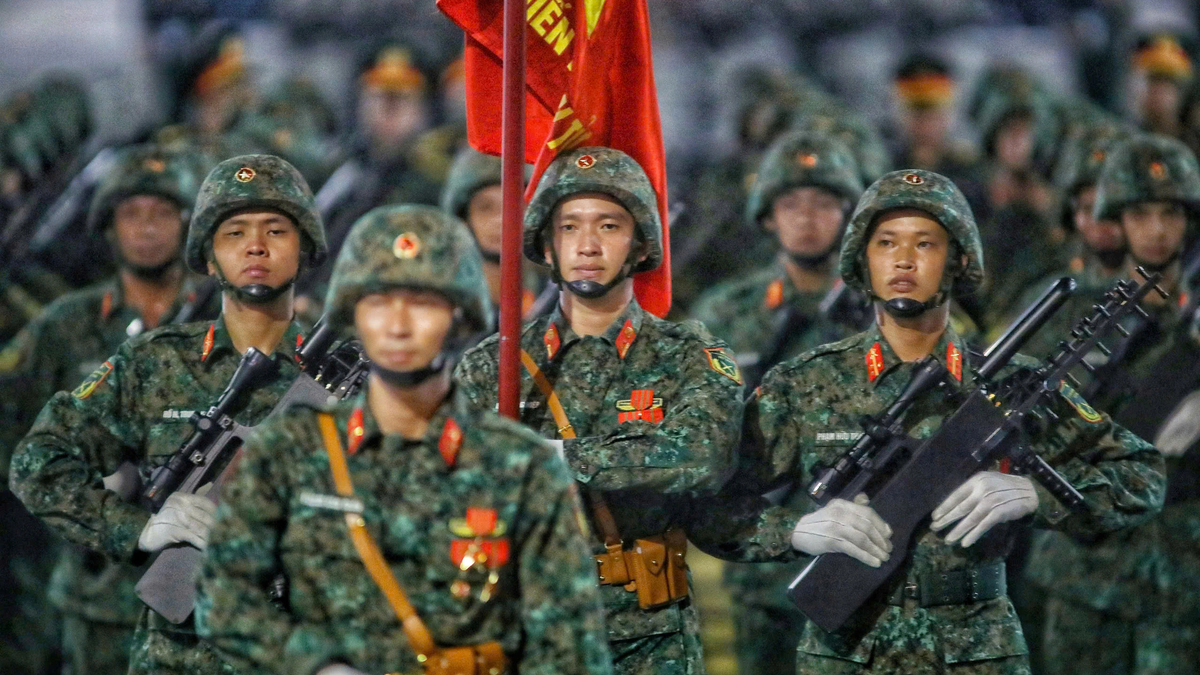
![[Photo] Parade blocks pass through Hang Khay-Trang Tien during the preliminary rehearsal](https://vphoto.vietnam.vn/thumb/1200x675/vietnam/resource/IMAGE/2025/8/27/456962fff72d40269327ac1d01426969)
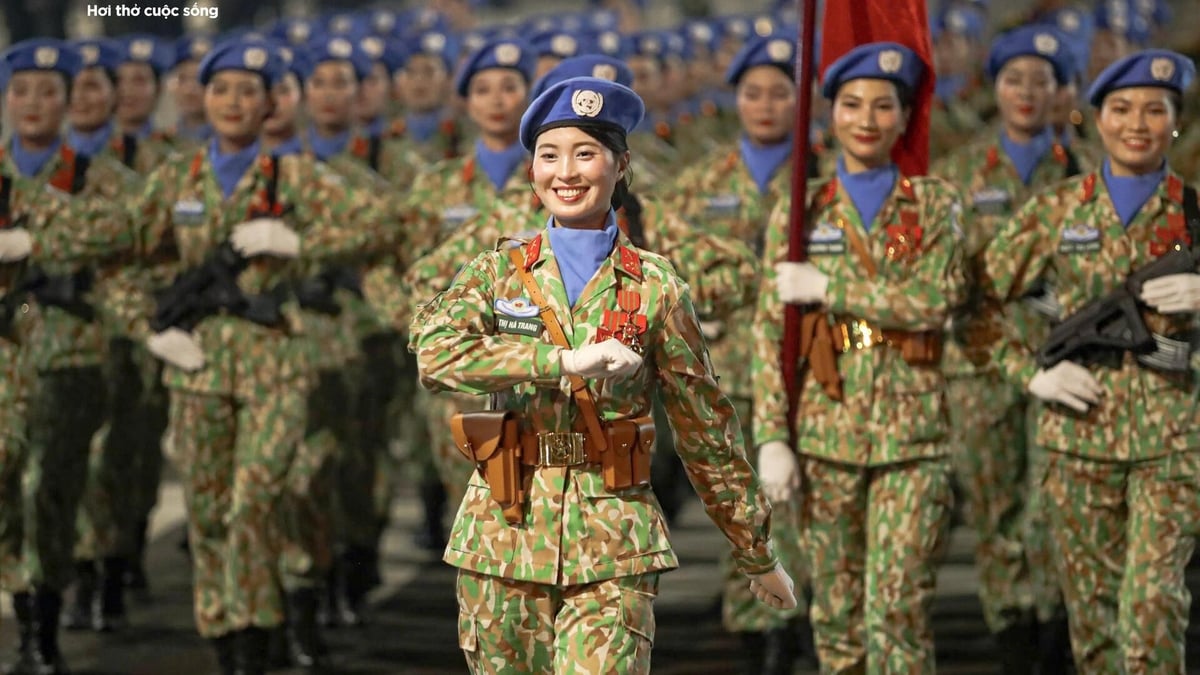
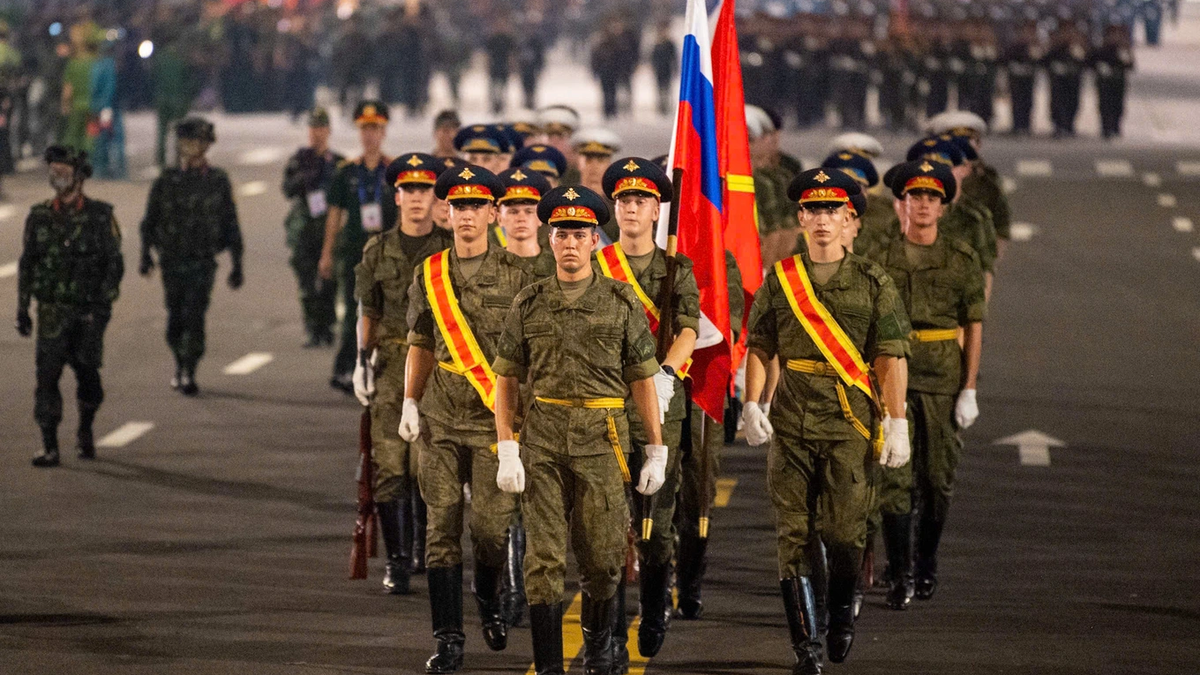
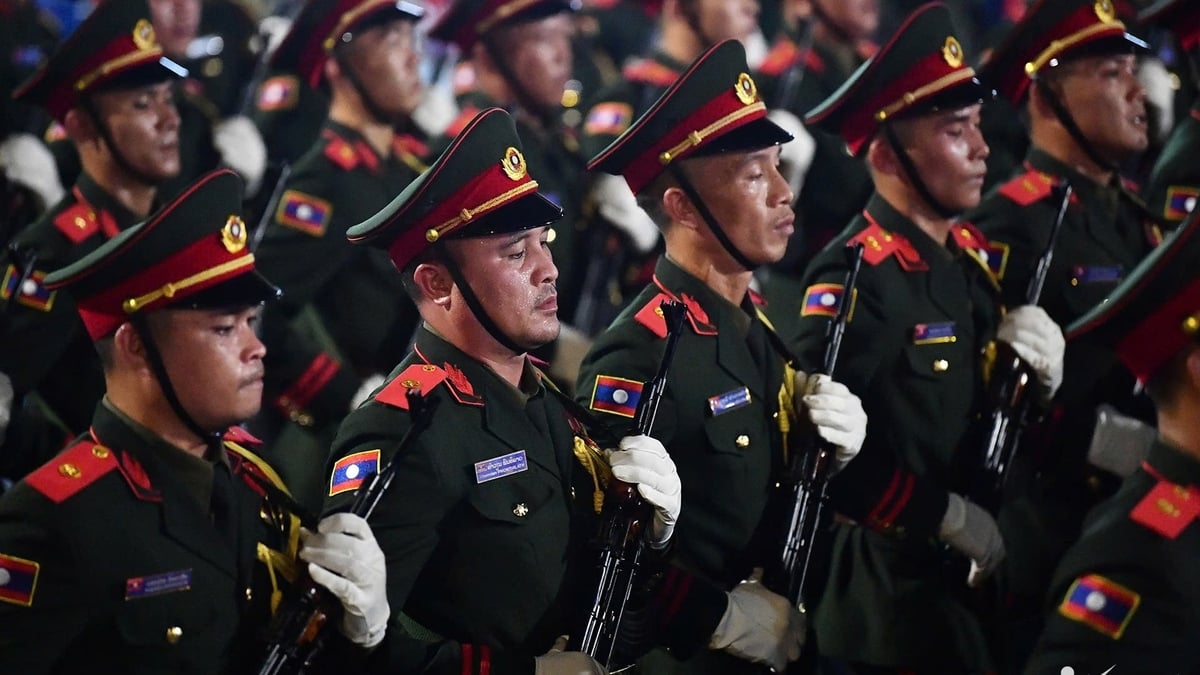
![[Photo] Images of the State-level preliminary rehearsal of the military parade at Ba Dinh Square](https://vphoto.vietnam.vn/thumb/1200x675/vietnam/resource/IMAGE/2025/8/27/807e4479c81f408ca16b916ba381b667)
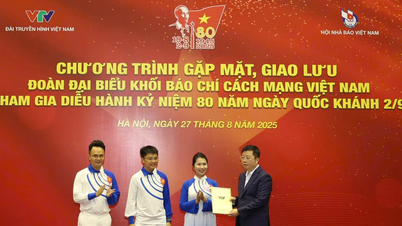


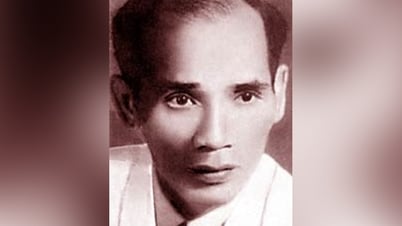


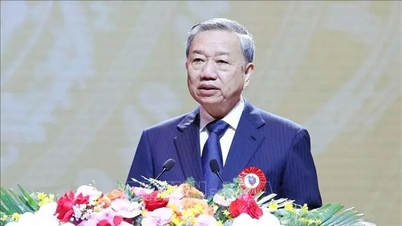

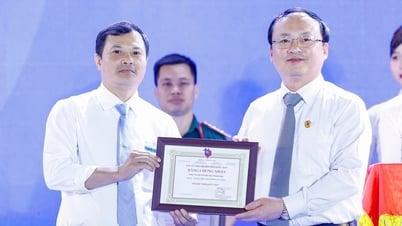
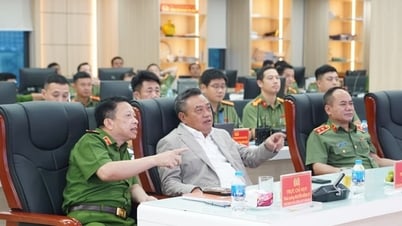
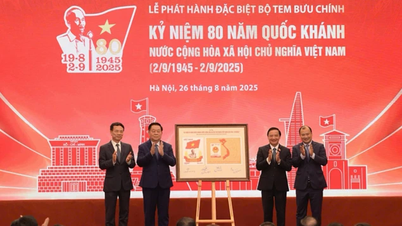

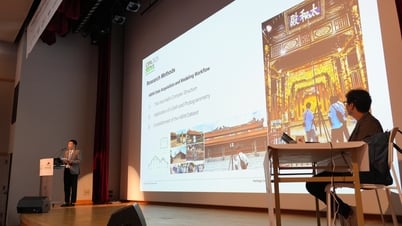

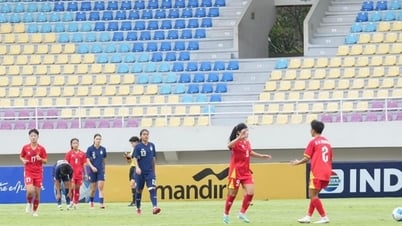
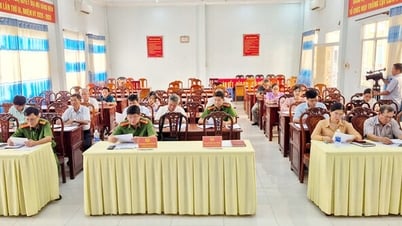






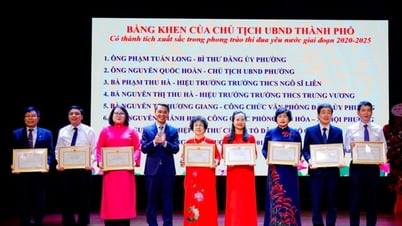

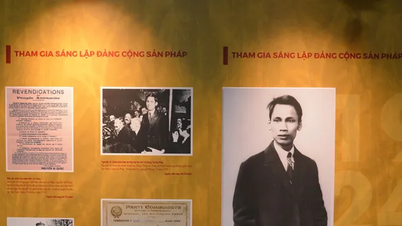






























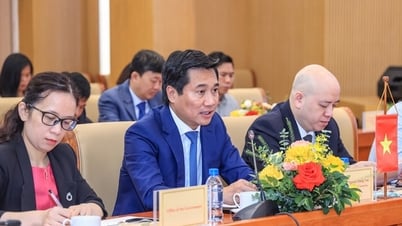



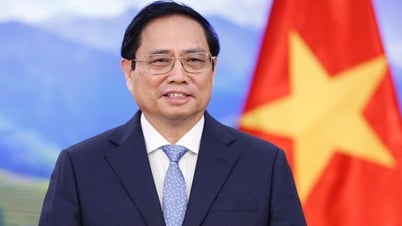

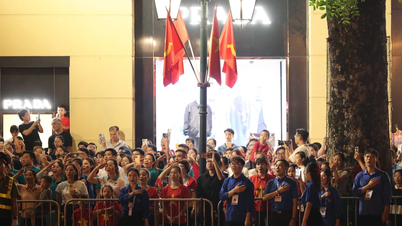
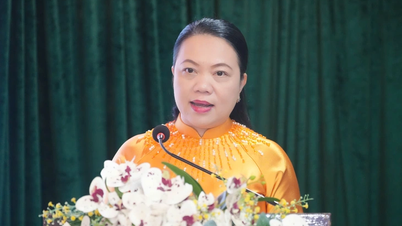
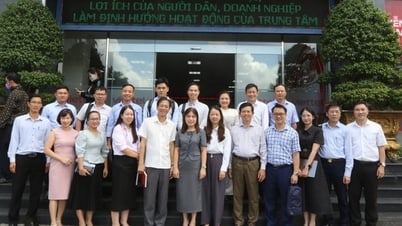



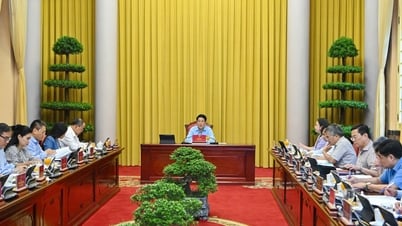

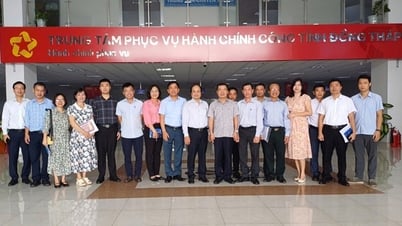
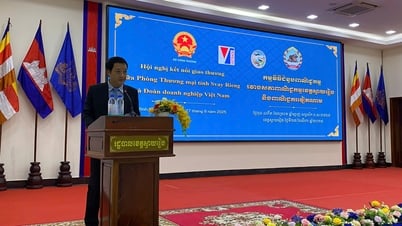
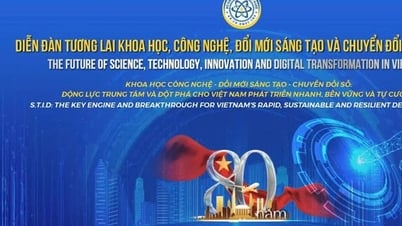

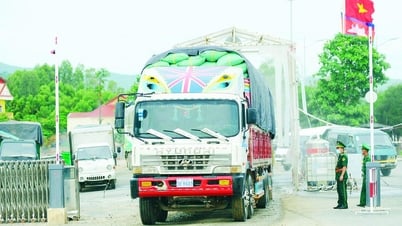
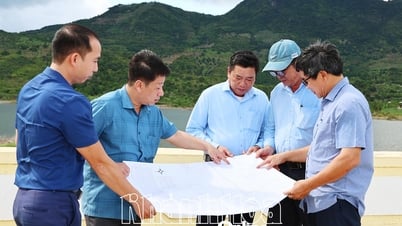
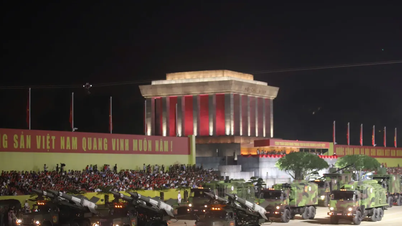
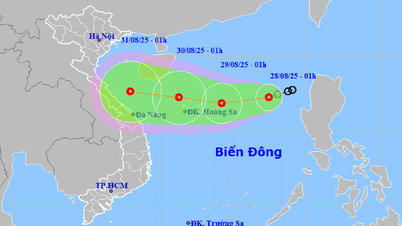

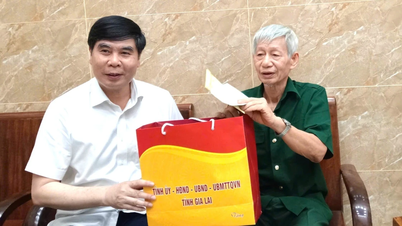












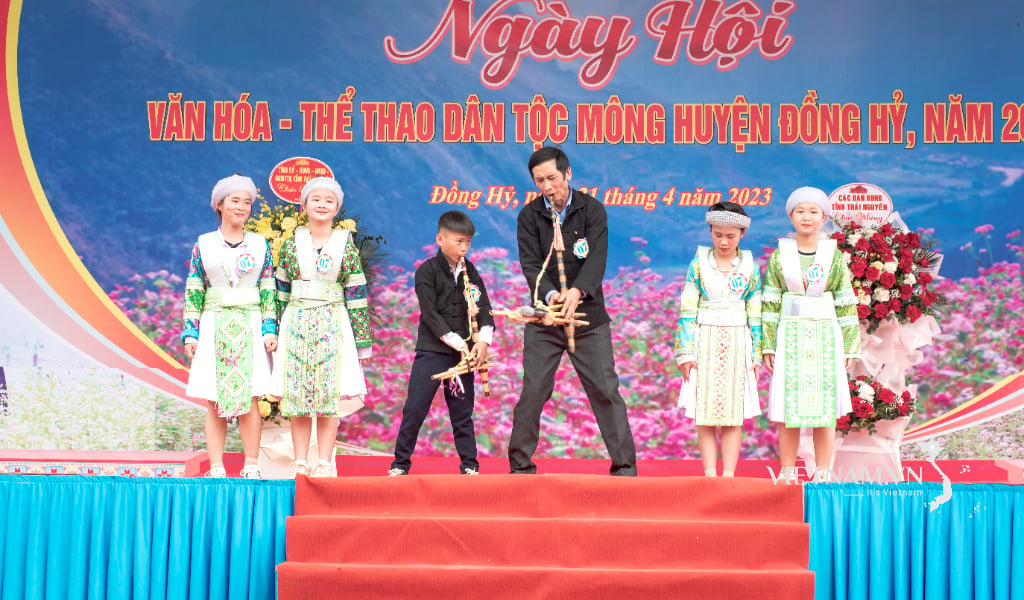


Comment (0)